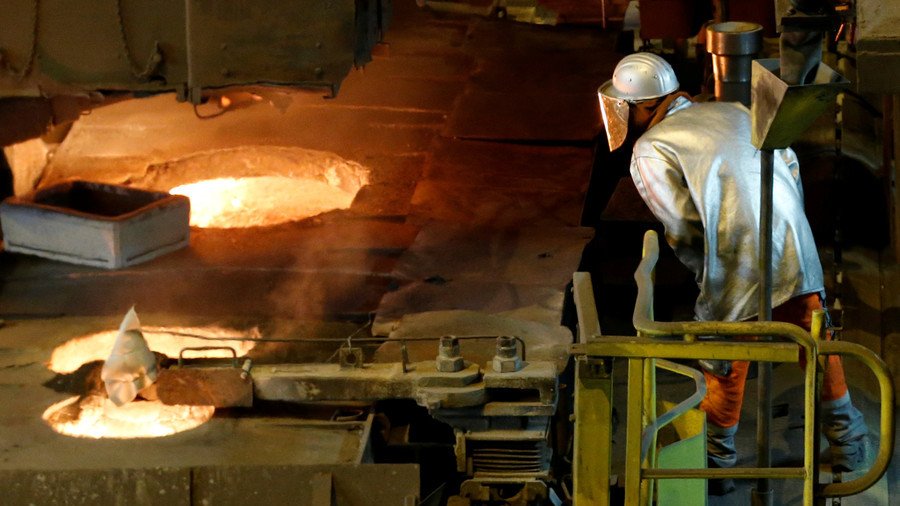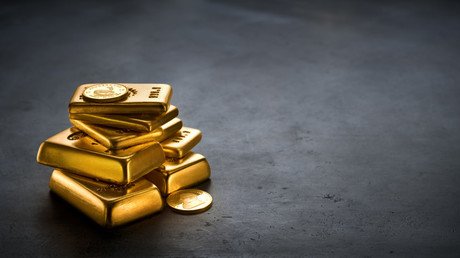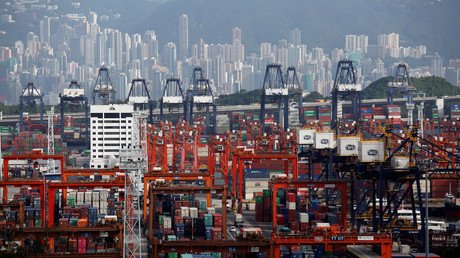Russian metal tycoons lose billions after govt proposes tax hike

The wealth of some of Russia’s richest shrunk on Monday following a suggestion by presidential aide Andrey Belousov to raise taxes on the country's largest metals companies.
In a letter to President Vladimir Putin on August 9, Belousov mentioned 14 metal companies that could pay more taxes in Russia. According to him, the tax rate in the metals sector is lower than that in oil and gas, but the profitability is higher.
Shares in Russian metals companies declined on Monday, forcing their billionaire owners to lose wealth. The overall losses are estimated at $3.1 billion by Bloomberg Billionaire Index, and the biggest losers are Vladimir Lisin of Novolipetsk Steel (-$832 million), Viktor Rashnikov of MMK (-$446 million), and Alexei Mordashov of Severstal (-$444 million).
The proposal could raise 500 billion rubles ($7.5 billion) a year, Belousov said in a letter to the president. The mentioned companies are Norilsk Nickel, NLMK, Alrosa, Polyus Gold, Metalloinvest, Severstal, Mechel, Sibur, PhosAgro Uralkali and Acron.
The idea behind the proposal is to make metals companies return the extra cash they receive due to the devaluation of the Russian ruble. Since 2014, the Russian currency has lost more than half of its value against the dollar. Metal producers in the country have enjoyed the ruble devaluation, because all their expenses are in rubles, and profits are in US dollars or other strong currencies.
Vladimir Lisin of Novolipetsk Steel has criticized the idea, saying that instead of adding money to the government coffers, the proposal will have the opposite effect.
“The lower the profitability, the less taxes you will have to pay,” Lisin was quoted by Bloomberg.
For more stories on economy & finance visit RT's business section















